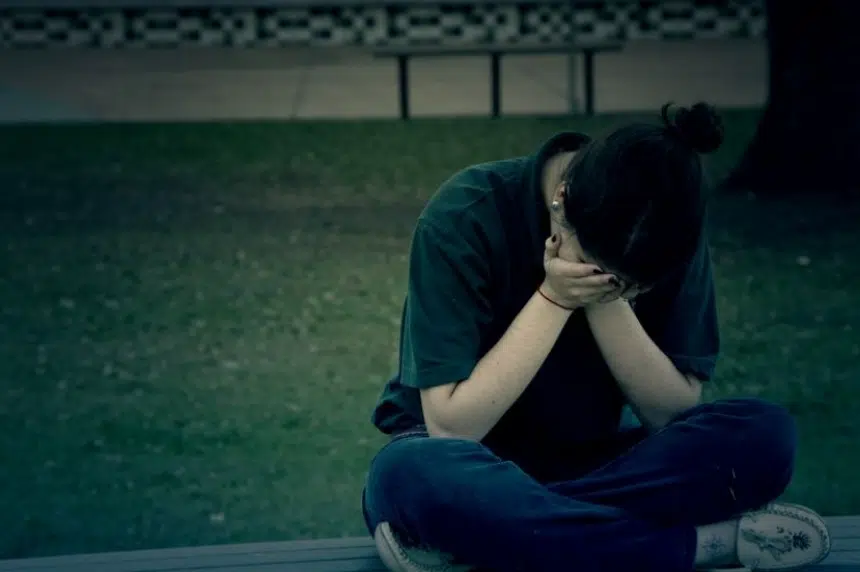As the COVID-19 pandemic wears on, it appears to be taking its toll on people across the country.
A recent Canadian Mental Health Association (CMHA) survey found 40 per cent of Canadians reported worsening mental health and a sharp increase in the number of Canadians experiencing thoughts or feelings of suicide.
CMHA CEO Margaret Eaton said on Gormley in an average year, 2.5 per cent of Canadians have thoughts of taking their own life.
“When we went out in May, that number had jumped to six per cent, and when we revisited it in September it was at 10 per cent,” said Eaton.
Eaton said the number in Saskatchewan was a bit lower, at eight per cent of people having suicidal thoughts.
In fact, according to the Saskatchewan Coroners Service, there were 204 suicides in 2019 compared to 107 up to the end of October 2020.
Eaton said that could be because more people are reaching out for help.
“One of the things we’ve seen during the pandemic is a lot of discussion about mental health,” she said. “In Saskatchewan, you have CMHA Saskatchewan and I know their lines have been ringing off the hook during the pandemic, so I really hope this means people are seeking help before they make that decision.”
Eaton said one of the surprises from the survey is the number of young adults, 60 per cent, who said their mental health is deteriorating.
“When you think about that group, 18 to 24 years of age, being with their social peers is so important. I was surprised too because we always think of that generation as being so connected — you know, the digital connection,” said Eaton. “And yet that isn’t enough. People want to be with each other. They want to be face to face, especially in that age group.”
Eaton said the second wave of the pandemic is giving people stress and worry, with 55 per cent reporting they are afraid of getting the virus, 59 per cent worried about a family member or loved one dying, 41 per cent worried about finances, and 20 per cent afraid of not having enough food to meet their families’ needs.
“So that fear about finances and fear of not being able to put food on the table is felt by many,” she said.
Eaton said the survey was conducted in the spring when the pandemic first caused the lockdowns, then again in September. Th CMHA will likely do another rollout in the spring.
“We know from experiences like the Fort McMurray fires, for example, that people are experiencing an emotional event and that can be delayed over time, ” said Eaton. “That can be up to two years that people are still dealing with mental health issues after something like a pandemic, so we expect this to be with us for a while even after we’re all vaccinated.”
Eaton said CMHA Saskatchewan offers a lot of supports for people who may be in distress and encourages anyone who is feeling that way to reach out.
For more information on the mental health survey, check out the CMHA webpage.











